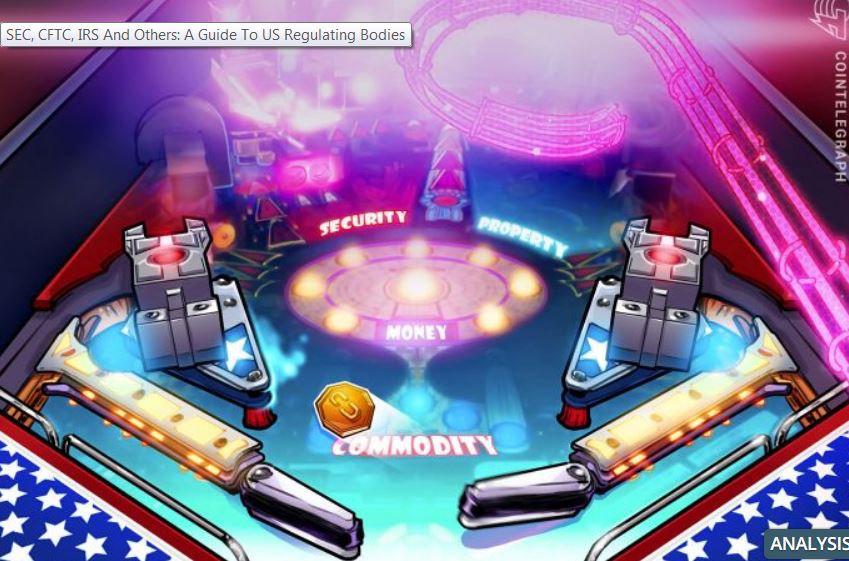Ripple CEO Warns SEC May Sue Company Over XRP Sales

The U.S. Securities and Exchange Commission (SEC) intends to sue Ripple over its sale of XRP, CEO Brad Garlinghouse said Monday.
According to Fortune, the lawsuit will be filed in the near future, though no specific date has been provided yet. The suit had not been filed as of press time. Ripple cofounder Chris Larsen and Garlinghouse will be named defendants alongside the firm, Garlinghouse said.
“It’s an attack on the entire crypto industry and American innovation,” Brad Garlinghouse said in an emailed statement.
In an emailed statement, outside counsel Michael Kellogg, of Kellogg, Hansen, Todd, Figel & Frederick said, “This complaint is wrong as a matter of law. Other major branches of the U.S. government, including the Justice Department and the Treasury Department’s FinCen, have already determined that XRP is a currency. Transactions in XRP thus fall outside the scope of the federal securities laws. This is not the first time the SEC has tried to go beyond its statutory authority. The courts have corrected it before and will do so again.”
Ripple received word Monday that the SEC intended to sue, according to the Wall Street Journal.
Ripple is already being sued by XRP (-8.65%) investors in a putative class-action lawsuit, on claims that the company said XRP’s price would rise. That suit, which began in 2018, continues its course through the courts.
The company has previously paid $700,000 in fines on charges it violated aspects of the Bank Secrecy Act brought by the Financial Crimes Enforcement Network (FinCEN), as well as an additional $450,000 in fines to the U.S. Attorney’s Office for the Northern District of California.
Garlinghouse’s move Monday is reminiscent of how messaging platform Kik announced the SEC would file suit against it for raising $100 million to build Kin. Kik later settled the case.
Crypto company CEOs warning the broader industry of upcoming regulatory actions may be a bigger trend. Coinbase chief Brian Armstrong previewed potential U.S. Treasury Department rulemaking last month, weeks before FinCEN published a proposal for rulemaking.
XRP
XRP was developed and launched by Larsen’s Ripple Labs co-founder Arthur Britto and tech chief David Schwartz in 2012. Ripple maintains 55 billion XRP in escrow, releasing 1 billion every month. Unused XRP is returned to escrow.
According to Messari, Ripple has sold about $1.2 billion in XRP over the years.
XRP’s price fell after news of the impending lawsuit came out, dropping 12% on the 24-hour trading period to below 50 cents. The cryptocurrency’s price had already begun falling earlier in the day, joining a broader market decline.

An SEC spokesperson did not immediately return a request for comment. After the publication of this article, a Ripple spokesperson emailed the following statement, attributed to Garlinghouse:
The SEC is fundamentally wrong as a matter of law and fact. XRP is a currency, and does not have to be registered as an investment contract. In fact, the Justice Department and the Treasury’s FinCEN already determined that XRP is a virtual currency in 2015 and other G20 regulators have done the same. No other country has classified XRP as a security.
The SEC has permitted XRP to function as a currency for over eight years, and we question the motivation for bringing this action just days before the change in administration. Instead of providing a clear regulatory framework for crypto in the U.S., Jay Clayton inexplicably decided to sue Ripple – leaving the actual legal work to the next Administration.
This is an attack on the entire crypto industry and American innovation. By giving the stamp of approval only to Bitcoin and Ether (whose networks are at the mercy of the Chinese Communist Party), the SEC has picked the winners – disregarding an entire industry outside of these two tokens. Ignoring advice from national security experts and the U.S. government, Jay Clayton is handing over the future of our global financial systems – underpinned by blockchain and crypto technologies – to an authoritarian regime.
We are right and will aggressively fight – and win – this battle in the courts to get clear rules of the road for the entire industry in the U.S. We are on the right side of the law, the right side of policy and will absolutely be on the right side of history. In the meantime, it’s business as usual for Ripple and our hundreds of customers made up of the world’s top financial institutions that have come to depend on Ripple to deliver high-value solutions.











Responses